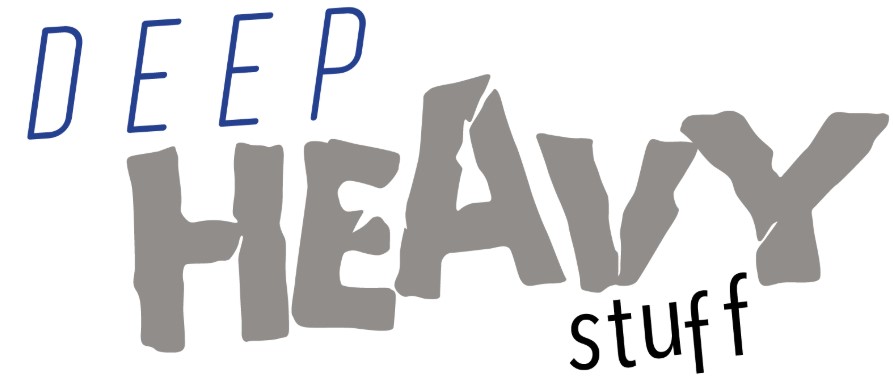“Two wrongs don’t make a right”
That’s some of the best advice my father ever gave me. I heard it every time someone had wronged me,
and I verbalized how I planned to get revenge.
My father never told me not to take the action. He didn’t
ask me the details of the situation. There was no discussion of my feelings or
the consequences of my strategic mischief.
No, it was just six simple words. The first time he said
it, I was confused. I had to think it through, but even as a young boy, I got
the message. What I was about to do was wrong, and it would not correct the offense
done to me. I always had no response – not a word. You can’t dispute this idiom. Two wrongs
never make a right. You may as well argue that one plus one does not equal two.
But I heard these words from my father often – I guess I
liked to verbalize my misguided plans – and every time I disliked hearing this expression
because I knew it was true and I had no counter-argument. And I heard it enough
that it is permanently burned in my brain. Unfortunately, I have not always
followed this principle. But that’s because I’m not a saint, not because it isn’t
valid.
If you don’t believe the concept is genuine, then let me
refer you to THE BOOK, which puts it this way:
If someone has
done you wrong, do not repay him with a wrong.
Or if you prefer ….
Do not repay
anyone evil for evil.
But I still prefer my father’s simple version:
“Two wrongs don’t make a right”
And right now, we need to trust these six words more than
ever. We, as a people, have sailed far off course and need desperately to right
our ship.
Believe it or not, many people perpetuating the problem do
believe “two wrongs don’t make a right.” But their response is not to do the
right things; it’s to keep doing additional wrong things. Yes, two wrongs don’t
make a right, so we’ll do three wrongs, fifty wrongs, and two hundred wrongs to
try to make it right, balance things out, and thus create a perverse type of
justice. The warmongers will even use past wrongs to justify all their current
wrongs, while believing their actions are pure and noble.
But if one wrong done in response to something is in fact wrong,
then continued wrongs make the situation worse - much worse. No matter how many
wrongs you commit, you don’t make it right. You just are more wrong.
And referring back to THE BOOK, if you keep repaying evil
for evil, what happens is you generate a tremendous amount of evil. A society
filled with evil is a dangerous place. And as these events unfold before us in
real-time, you can feel the presence of evil among us. All because ….
“Two wrongs don’t make a right”
This doesn’t absolve us from addressing some past wrongs.
But it is nearly impossible to have meaningful dialogues that lead to
constructive change when so much evil payback is occurring.
But the proverb applies to everyone, every time. We will destroy ourselves when there is an
initial wrong, responded to with another wrong, which is responded back to with
still another wrong, until there is an endless feedback loop of wrongs. Which
all put together, will never result in a right. Nothing is being accomplished.
No problems are being solved. The only result is more hatred and more evil.
That’s why THE BOOK warns against repaying evil for evil. And my father’s
wisdom is still golden:
“Two wrongs don’t make a right”







